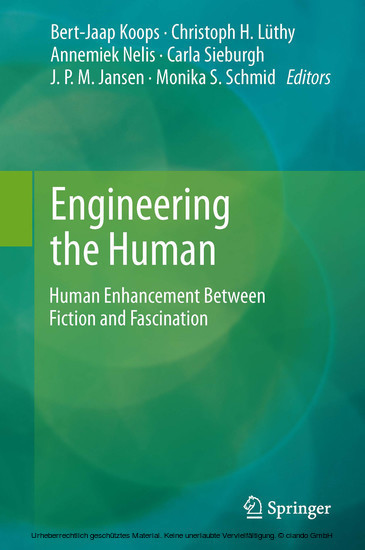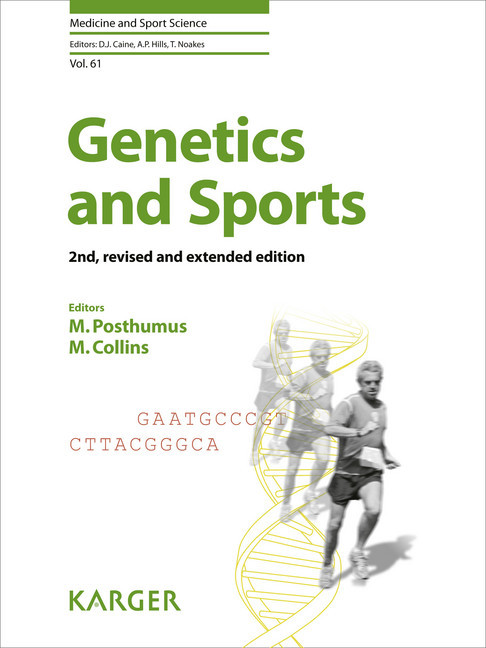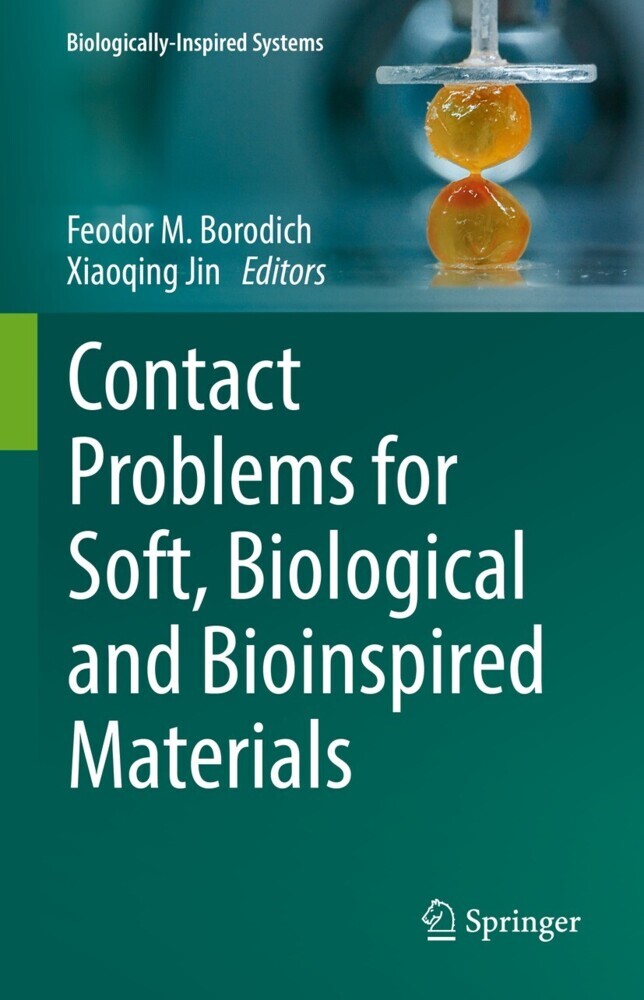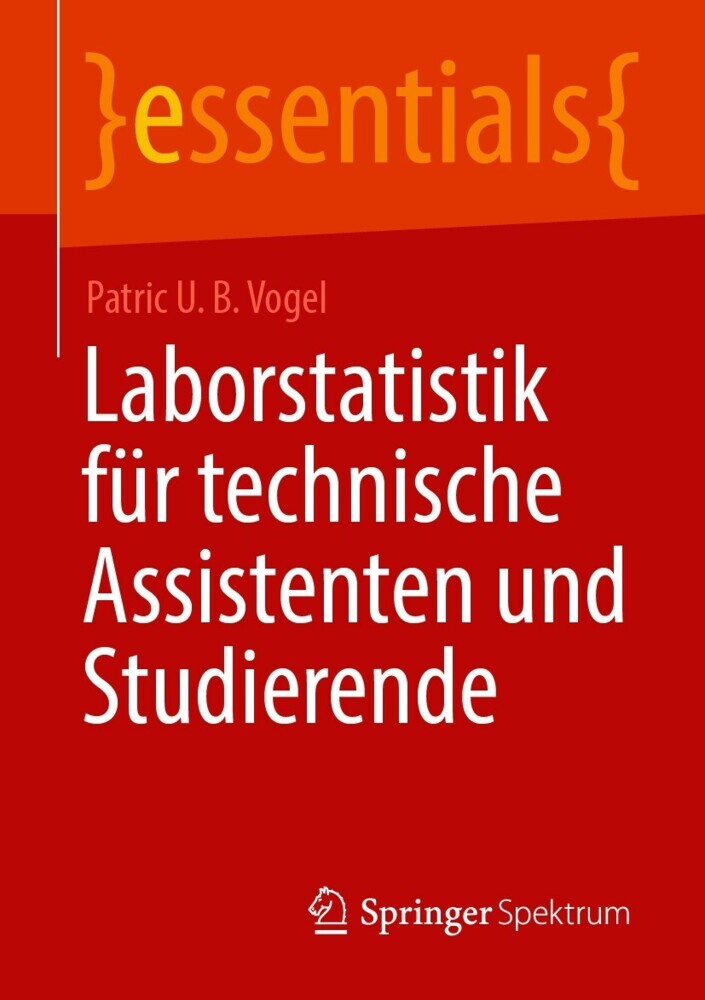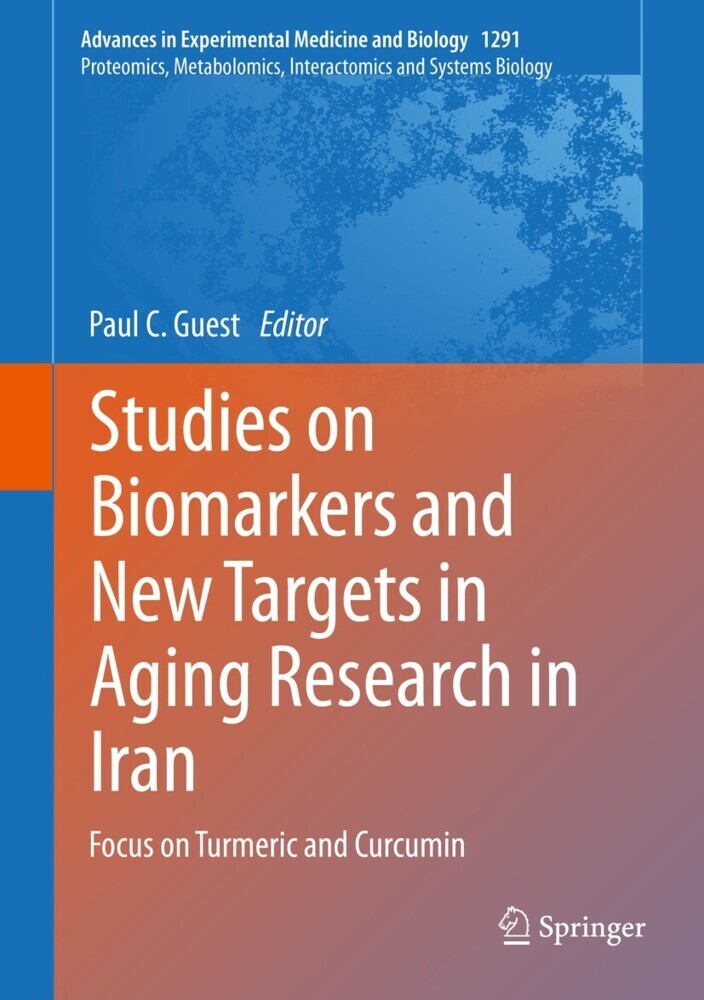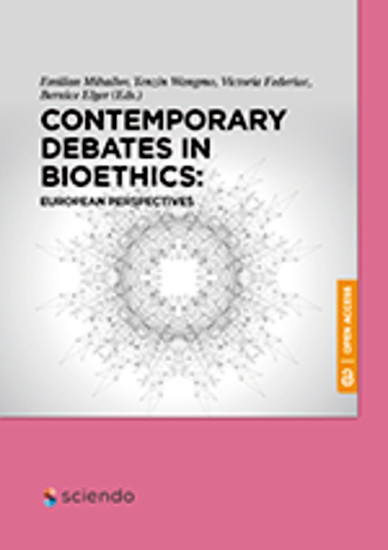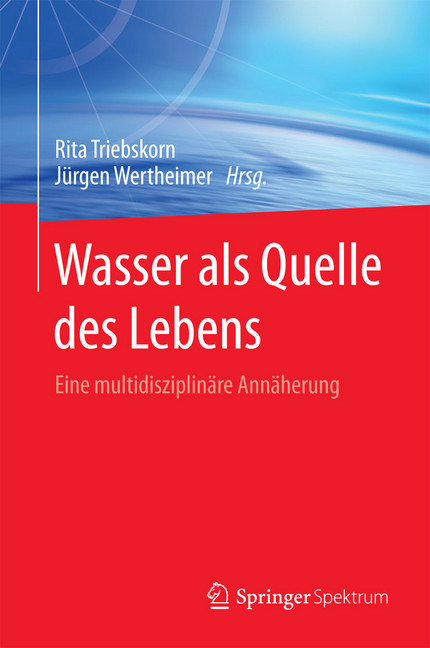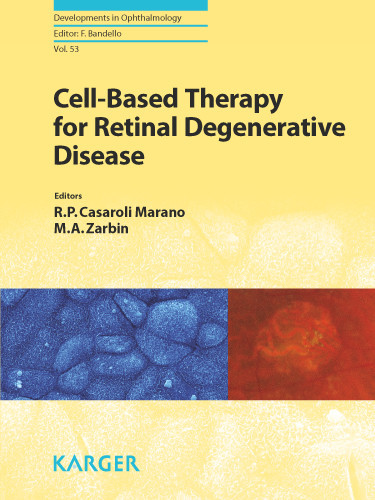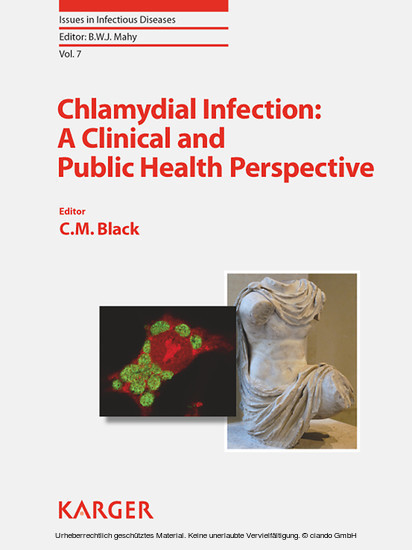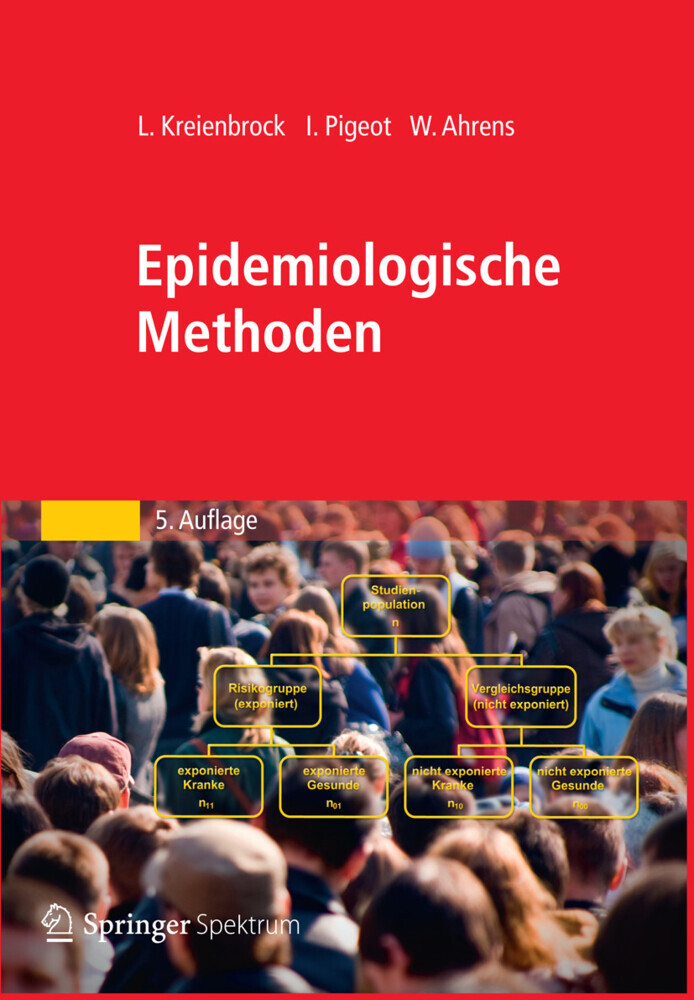Engineering the Human
Human Enhancement Between Fiction and Fascination
The volume is collection of articles treating the topic of human improvement/enhancement from a variety of perspectives - philosophical, literary, medical, genetic, sociological, legal etc. The chapters in this volume treat not only those aspects that most immediately come to mind when one thinks of 'human enhancement', such as genetic engineering, cloning, artificial implants and artificial intelligence etc. Somewhat less obvious aspects include evolutionary perspectives in connection with the prolongation of the human lifespan, plastic surgery since its beginnings, and questions such as whether the distinction between 'natural' and 'artificial' can really be drawn at all and how it has been conceived across the ages, or what the legal implications are of recent developments and techniques. Many papers make links to the representation of these developments in popular culture, from Jules Verne through Aldous Huxley to the movie Gattaca, address the hopes and fears that come with them as well as the question how realistic these are. While all chapters are written by scientists at the international top of their respective fields, all are accessible to a non-specialist audience and eminently readable. We believe that they represent a state-of-the art overview of questions that are of interest to a large audience. The book thus targets a non-specialist audience with an interest in philosophical, sociological, scientific and legal issues involved in both traditional and recent matters concerning the desire of mankind to improve itself, the human body, the human mind and the human condition. It is unique in that it brings together all these aspects within a coherent and cohesive collection.
Bert-Jaap Koops (1967) is professor of Regulation and Technology at Tilburg University and a member of The Young Academy. He studied Mathematics as well as General Literature at the University of Groningen, and obtained a PhD in Law at Tilburg University. He researches the relation between technology (ICT, bio-, nano-, and neurotechnology) and regulation issues, focusing on digital rights, digital crime, privacy, DNA forensics, and human enhancement. Christoph Lüthy (1964) teaches History of Science at Radboud University Nijmegen and is a member of The Young Academy. He studied Philosophy and Modern Linguistics at Oxford and Physics at Basel, and obtained his PhD in the History of Science at Harvard. His research focuses on the historical interaction between the natural sciences and philosophy. Annemiek Nelis (1970) is general director of the Centre for Society and Genomics at Radboud University Nijmegen. She studied Health Sciences in Maastricht and Bath and obtained her PhD in the Sociology of Science and Technology at the University of Twente. She researches the social aspects of genetics and genomics. In her research she mainly focuses on questions concerning citizenship, democracy, and expertise. Carla Sieburgh (1969) is professor of Civil Law at Radboud University Nijmegen and a member of The Young Academy. She studied Medicine and Law at the University of Groningen, served her medical internship in Amsterdam and Curaçao, and obtained her PhD in Law at the University of Groningen. She researches the principles of civil law and its relation to European law, fundamental rights, criminal law, administrative law, judicial construction, and conflicts between legal approaches and other fields, such as mathematical principles.
Bert-Jaap Koops (1967) is professor of Regulation and Technology at Tilburg University and a member of The Young Academy. He studied Mathematics as well as General Literature at the University of Groningen, and obtained a PhD in Law at Tilburg University. He researches the relation between technology (ICT, bio-, nano-, and neurotechnology) and regulation issues, focusing on digital rights, digital crime, privacy, DNA forensics, and human enhancement. Christoph Lüthy (1964) teaches History of Science at Radboud University Nijmegen and is a member of The Young Academy. He studied Philosophy and Modern Linguistics at Oxford and Physics at Basel, and obtained his PhD in the History of Science at Harvard. His research focuses on the historical interaction between the natural sciences and philosophy. Annemiek Nelis (1970) is general director of the Centre for Society and Genomics at Radboud University Nijmegen. She studied Health Sciences in Maastricht and Bath and obtained her PhD in the Sociology of Science and Technology at the University of Twente. She researches the social aspects of genetics and genomics. In her research she mainly focuses on questions concerning citizenship, democracy, and expertise. Carla Sieburgh (1969) is professor of Civil Law at Radboud University Nijmegen and a member of The Young Academy. She studied Medicine and Law at the University of Groningen, served her medical internship in Amsterdam and Curaçao, and obtained her PhD in Law at the University of Groningen. She researches the principles of civil law and its relation to European law, fundamental rights, criminal law, administrative law, judicial construction, and conflicts between legal approaches and other fields, such as mathematical principles.
Koops, Bert-Jaap
Lüthy, Christoph
Nelis, Annemiek
| ISBN | 9783642350962 |
|---|---|
| Artikelnummer | 9783642350962 |
| Medientyp | E-Book - PDF |
| Auflage | 2. Aufl. |
| Copyrightjahr | 2013 |
| Verlag | Springer-Verlag |
| Umfang | 199 Seiten |
| Sprache | Englisch |
| Kopierschutz | Digitales Wasserzeichen |

